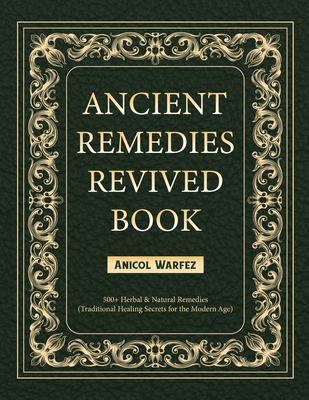
description
7Juvenal's Satires create a fascinating (and immediately familiar) world of whores, fortune-tellers, boozy politicians, slick lawyers, shameless sycophants, ageing flirts and downtrodden teachers Perhaps more than any other writer, Juvenal (c. 55-138 AD) captures the splendour, the squalor and the sheer vibrant energy of everyday Roman life. A member of the traditional land-owning class which was rapidly seeing power slip into the hands of dynamic outsiders, he offers equally savage portraits of decadent aristocrats; women interested only in 'rough trade' like actors and gladiators; and the jumped-up sons of panders and auctioneers. He constantly compares the corruption of his own generation with their stern upright forebears. And he makes us feel from within the deep humiliation of having to dance attendance on rich but odious patrons. Green's celebrated translation is fully annotated and clarifies all references and allusions in the text, making it equally suitable for students and for continuous reading. For this new edition it has been substantially revised throughout to give it an even more contemporary flavour. For more than seventy years, Penguin has been the leading publisher of classic literature in the English-speaking world. With more than 1,700 titles, Penguin Classics represents a global bookshelf of the best works throughout history and across genres and disciplines. Readers trust the series to provide authoritative texts enhanced by introductions and notes by distinguished scholars and contemporary authors, as well as up-to-date translations by award-winning translators.
member goods
No member items were found under this heading.
Return Policy
All sales are final
Shipping
No special shipping considerations available.
Shipping fees determined at checkout.







